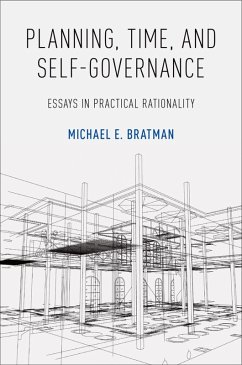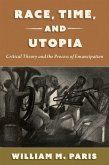Our human capacity for planning agency plays central roles in the cross-temporal organization of our agency, in our acting and thinking together (both at a time and over time), and in our self-governance (both at a time and over time). Intentions can be understood as states in such a planning system. The practical thinking at the bottom of this planning capacity is guided by norms that enjoin synchronic plan consistency and means-end coherence as well as forms of plan stability over time. The essays in this book aim to deepen our understanding of these norms and to defend their status as norms of practical rationality for planning agents. The general guidance by these planning norms has many pragmatic benefits, especially given our cognitive and epistemic limits. But appeal to these general pragmatic benefits does not fully explain the normative force of these norms in the particular case. In response to this challenge some think these norms are, at bottom, norms of theoretical rationality on one's beliefs; some think these norms are constitutive of intentional agency; some think they are norms of interpretation; and some think the idea of such norms of practical rationality is a myth. These essays chart an alternative path. This path sees these planning norms as tracking conditions of a planning agent's self-governance, both at a time and over time. It seeks associated models of such self-governance. And it appeals to the idea that the end of one's self-governance over time, while not essential to intentional agency per se, is, within the planning framework, rationally self-sustaining and a keystone of a rationally stable reflective equilibrium that involves the norms of plan rationality. This end is thereby in a position to play a role in our planning framework that parallels the role of a concern with quality of will within the framework of the reactive emotions, as understood by Peter Strawson.
Dieser Download kann aus rechtlichen Gründen nur mit Rechnungsadresse in A, B, BG, CY, CZ, D, DK, EW, E, FIN, F, GR, HR, H, IRL, I, LT, L, LR, M, NL, PL, P, R, S, SLO, SK ausgeliefert werden.









